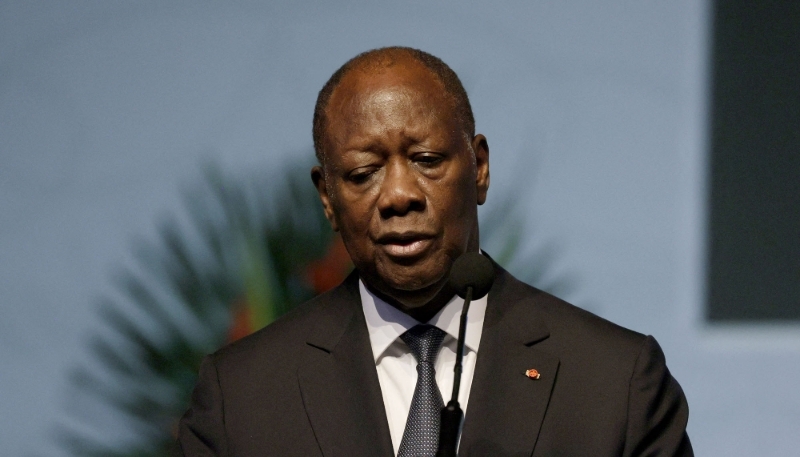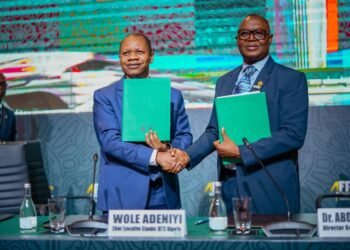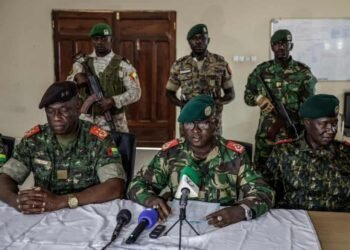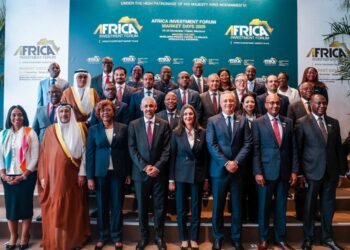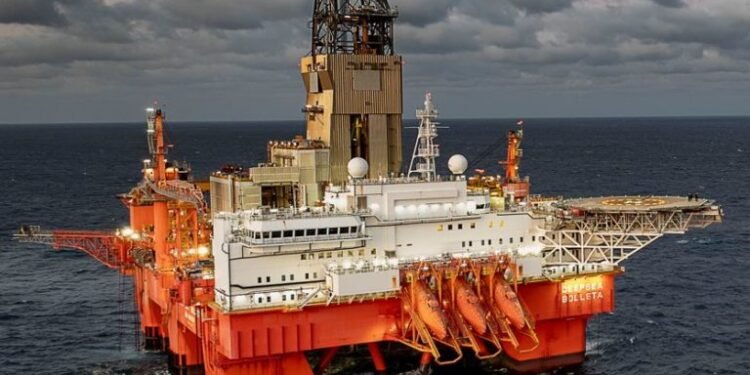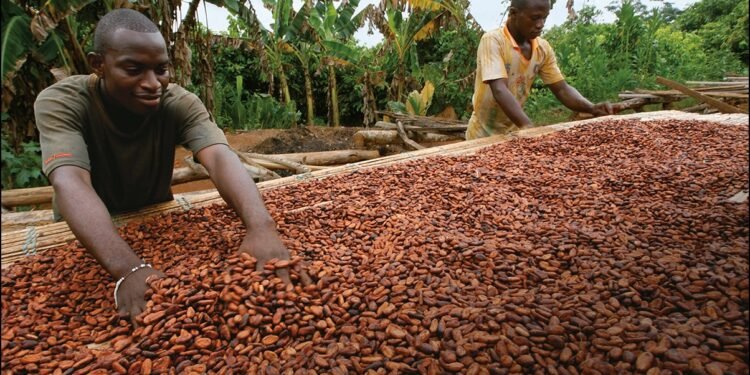Ivory Coast President Alassane Ouattara has officially declared his intention to run for a fourth term in the country’s upcoming October elections, dashing previous promises to hand over leadership to a new generation. The 83-year-old leader, a former international banker and economist, appears confident that his track record of economic stability and limited political competition will secure his re-election.
“My health is not an issue,” Ouattara said during Tuesday’s announcement, dismissing speculation about his age and capability. With key opposition figures barred from contesting the election, Ouattara is widely seen as the frontrunner.
His credentials are hard to overlook. Trained in the United States, Ouattara holds a doctorate in economics from the University of Pennsylvania. His distinguished career includes roles as governor of the West African central bank (BCEAO) and deputy managing director of the International Monetary Fund (IMF). He has consistently presented himself as a technocrat committed to economic reform and development.
According to the IMF, Ivory Coast’s GDP is projected to grow by 6.3% this year, in line with the country’s decade-long growth trend. Much of this has been credited to Ouattara’s policies, which have positioned the nation as the world’s top cocoa producer and one of West Africa’s economic powerhouses.
Analyst Arthur Banga noted that Ouattara’s “primary success has been on the macroeconomic side” and in enhancing the country’s “international influence.” However, Banga also warned that “there are still democratic challenges to overcome,” particularly regarding election tensions and fears of renewed violence.
Election Warnings Stir Stability Fears
Ouattara came to power after a bloody conflict sparked by the disputed 2010 presidential election. Then-president Laurent Gbagbo refused to concede defeat, plunging the country into civil war. More than 3,000 people were killed before Gbagbo was arrested at his Abidjan residence.
Since then, Ouattara has carefully maneuvered the political landscape, forging alliances, such as with former President Henri Konan Bédié, to secure electoral victories. In 2015, with Gbagbo facing trial at the International Criminal Court in The Hague, Ouattara swept to re-election with 83% of the vote.
The current political atmosphere bears similarities to the past. Most prominent opposition leaders, including Gbagbo and former Credit Suisse CEO Tidjane Thiam, have been disqualified from the October ballot. This has raised concerns of a repeat of the unrest seen in 2020, when Ouattara reversed his decision not to run again after his chosen successor, Prime Minister Amadou Gon Coulibaly, died unexpectedly. That controversial decision, justified by Ouattara because the 2016 constitution reset presidential term limits, was met with opposition-led boycotts and deadly clashes that claimed 85 lives.

Ouattara’s political journey has been shaped by decades of upheaval. Born on January 1, 1942, in Dimbokro, central Ivory Coast, he rose through the ranks during the era of founding President Félix Houphouët-Boigny. As prime minister under Houphouët-Boigny, Ouattara was praised for steering economic growth and stability.
But the years following the president’s death in 1993 saw Ivory Coast fall into instability. A failed economy, military coups, and xenophobic policies led to the 2002 civil war, dividing the country and marginalizing northern Ivorians, many of whom share ethnic ties with Ouattara’s Dioula community.
Ouattara’s exclusion from the 2000 election, due to claims that one of his parents was from Burkina Faso, intensified ethnic divisions. Gbagbo famously referred to him as “a candidate for the foreigners,” underlining the depth of the country’s identity politics.
Now, with little opposition standing in his way, Ouattara is poised to extend his leadership. But critics argue that he must do more than maintain macroeconomic progress.
“Ouattara has succeeded in establishing peace after a decade of crisis,” said political analyst Geoffroy Julien Kouao. “However, much remains to be done in terms of wealth distribution to reduce social inequalities.”
As the October polls approach, all eyes will be on whether Ouattara’s re-election bid can sustain stability or reignite old tensions in a country still healing from its troubled past.
READ ALSO: Minority Slams Finance Minister over Failed Budget Execution

